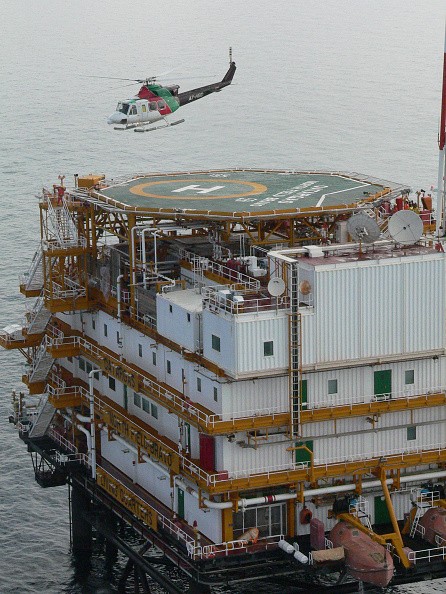An offshore gas field in the Persian Gulf, containing vast gas reserves, is set to be developed after Iran's Petropars and France's Total SA have agreed to a preliminary deal worth $6 billion, with the participation of China National Petroleum Corp. (CNPC).
An article published by npr.org said it was the first investment made by a Western energy company since the easing of international sanctions on Iran early this year.
According to the article, the consortium will develop the area known as South Pars field, which was believed to contain about 14,000 billion cubic meters of gas, or an amount equivalent to about 8 percent of the known global reserves.
A report by The Wall Street Journal, however, said that the deal is in its draft stage yet and the final agreement will be released in six months.
"The agreement with the French oil giant could be a harbinger for the return of more Western companies to Iran's vast energy industry and represents a step forward for the Islamic Republic's goals of ramping up production of oil and gas over the next several years," the report said.
The report added that Total SA is familiar with Iran's enormous gas and oil reserves and since 2004, the French energy company has already been targeting the South Pars field, an area of the Persian Gulf that Iran shares with Qatar.
Total and China's CNPC have already signed deals with Iran to begin the development in the area but they were forced to withdraw in 2009 due to international sanctions.
Under the deal, Total will have 50.1 percent control in the consortium, while CNPC will get 30 percent and Iran's Petropars will have 19.9 percent.
Iran needs foreign expertise to develop and export its gas reserves, which is believed to be one of the largest in the world. American companies are still forbidden to invest in the country under U.S. law.



























